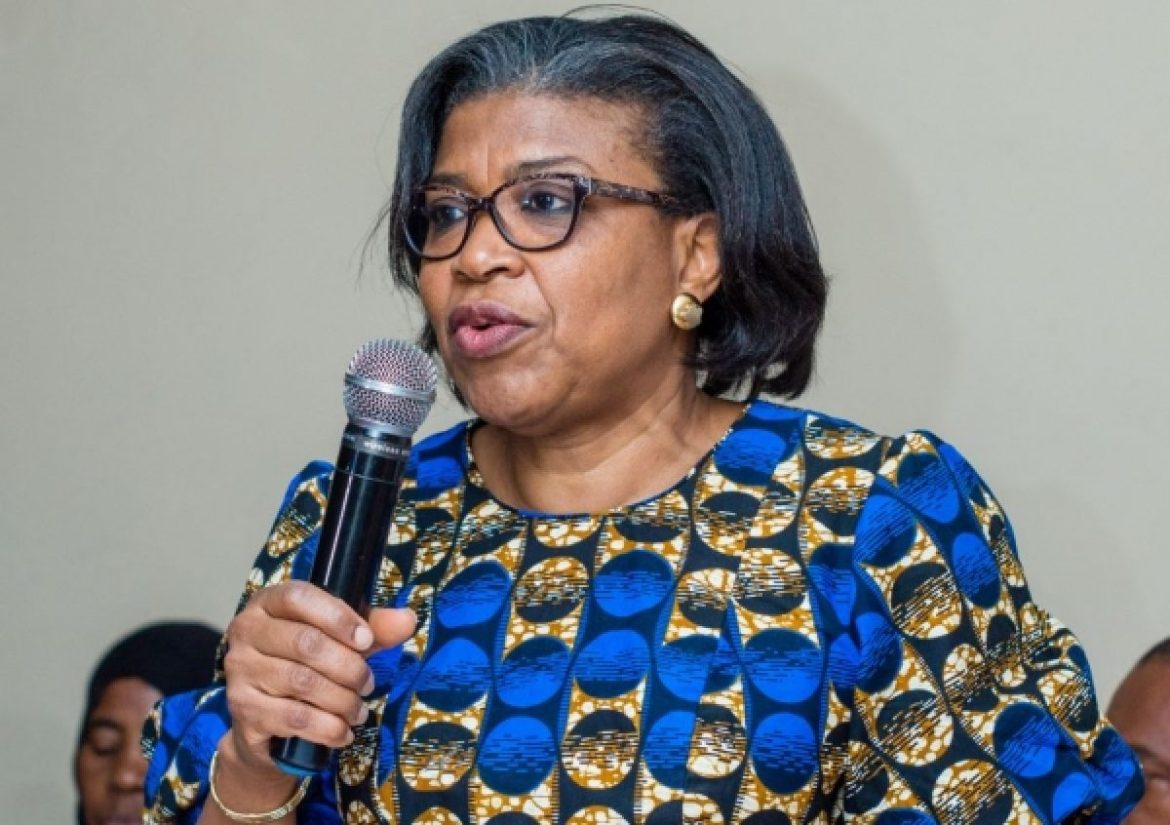977
Daniel Adaji
Nigeria’s public debt has surged to N144.67tn ($94.23 bn) as of December 31, 2024, a 48.58 per cent increase from the N97.34tn ($108.23bn) recorded in December 2023.
This sharp rise underscores the escalating financial strain on the country, with both external and domestic borrowings contributing significantly to the growing debt burden.
This revelation is coming at a time when the government’s stock-in-trade is spending on luxury while demanding endurance from the citizens.
The Debt Management Office (DMO), data reflects a continuing upward trend in the nation’s debt profile. The DMO’s report also revealed a 1.65 per cent increase in Nigeria’s total public debt compared to the previous quarter, when it stood at N142.32tn ($88.89bn) at the end of September 2024.
The year-on-year analysis indicates an increase of N47.32tn in public debt, representing a 48.58 per cent rise from December 2023. The bulk of this increase was driven by substantial growth in both external and domestic borrowings.
External debt saw a dramatic jump of 83.89 per cent, rising from N38.22tn ($42.50bn) in December 2023 to N70.29tn ($45.78bn) by December 2024. This surge was primarily fueled by new foreign borrowings and the depreciation of the naira, which inflated the naira-equivalent value of dollar-denominated debts.
On the domestic front, Nigeria’s domestic debt rose by 25.77 per cent, from N59.12tn ($65.73bn) in December 2023 to N74.38tn ($48.44bn) at the close of 2024.
The Federal Government’s domestic debt increased by 32.19 per cent, climbing from N53.26tn to N70.41tn, reflecting the government’s increasing reliance on local borrowing to cover budget deficits and fund infrastructure projects.
While the federal government’s domestic borrowing continues to climb, states and the Federal Capital Territory (FCT) have shown more restraint. The debt owed by state governments and the FCT fell by 32.27 per cent, dropping from N5.86tn to N3.97tn. This reduction signals a more cautious approach to debt accumulation at the subnational level, possibly in response to growing concerns over the national debt.
Comparing the figures to the previous quarter, Nigeria’s public debt increased by N2.35tn, or 1.65 per cent, from the N142.32tn recorded at the end of September 2024. This quarterly increase was largely attributed to rises in both external and domestic borrowings.
External debt grew by N1.4tn, moving from N68.89 trillion ($43.03bn) in September to N70.29tn ($45.78bn) in December. The increase was driven by further foreign loans and the weakened naira. Domestic debt also saw a slight rise of 1.29 per cent, moving from N73.43tn ($45.87b) to N74.38tn ($48.44bn).
The Federal Government’s domestic debt increased by N1.19tn, while the debt owed by states and the FCT decreased by 5.69 per cent, from N4.21tn to N3.97tn.
As of December 2024, external debt comprised 48.59 per cent of Nigeria’s total public debt, with domestic debt accounting for 51.41 per cent. Despite a relatively balanced debt structure, the sharp increase in external borrowing raises concerns over Nigeria’s growing reliance on foreign debt to finance budget deficits and ongoing government projects.
In the external debt category, the Federal Government holds N62.92tn ($40.98bn), while states and the FCT owe N7.37tn ($4.80bn). On the domestic side, the Federal Government’s debt stands at N70.41tn ($45.86bn), with state and FCT debt totalling N3.97tn ($2.58bn).
Despite this significant increase in public debt, the Nigerian government has continued with unchecked spending, sparking controversy and criticism.
Reports by Pointblank highlight that, in the face of a growing debt burden and widespread hardship, the government has spent billions on luxury items. Notably, the presidency spent over N5.9bn in a single day to purchase luxury vehicles for President Bola Tinubu, while more than N770m was spent for presidential honorariums within just four months.
This lavish spending has raised alarm among civil society organizations and financial analysts, who have called into question the priorities of a government that continues to overspend while millions of Nigerians face hunger and economic hardship.
Nigerians have expressed outrage over what they perceive as government officials feasting on public resources amid widespread poverty.
The ongoing “30-day rant challenge”, which is currently trending across Nigerian TikTok and X, has seen citizens venting about the economic hardship under the leadership of President Bola Tinubu.



